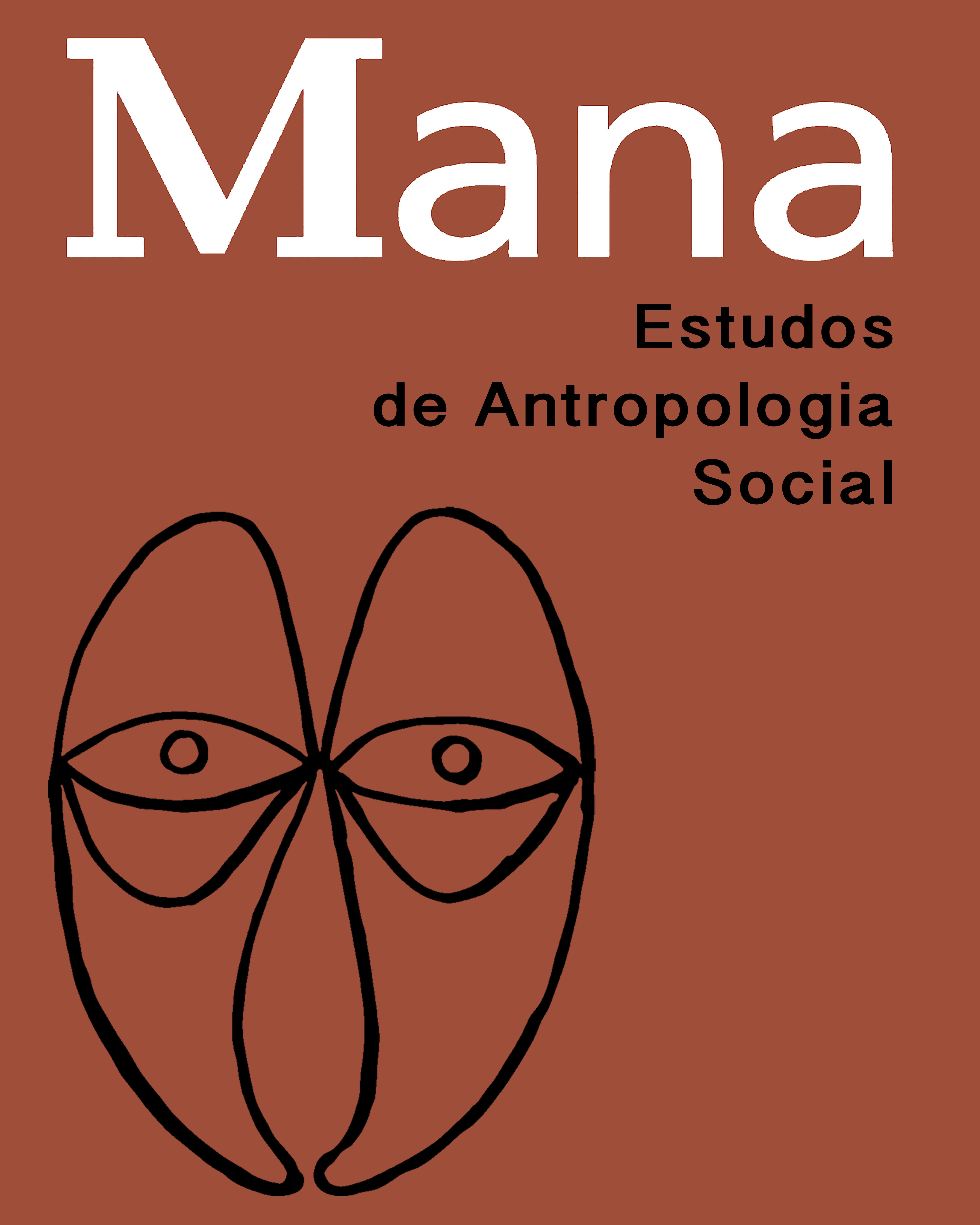Abstract
This article provides a brief and schematic ethnography of policies and actions towards Indigenous people carried out by the military governments of Brazil (1964-1985), presenting hypotheses about modes of governance and democracy. Taking Indigenous peoples and the construction of internal borders as a primary object of attention, I seek to explain some factors that may help to understand the dynamics of these different governments and historical situations, highlighting connections between social facts that are usually seen as unrelated. Political forms, which result from performances at different scales, exists in the interior of a continuous process of adaptation and transformation. Their unity is not defined a priori by doctrines or models, but is revealed through their impacts on the production of wealth and the management of inequalities. For this, it is necessary to rethink the notion of ‘frontier’, revoking the colonialist assumptions that sustain it. Indigenous people are a crucial part of the nation 's internal frontier, an essential factor in understanding its dynamism. Without careful attention to ethnic and racial aspects of the formation of Brazil, social and historical interpretations are bound to fail.
Key words:
From the point of view of the border; military governments; indigenous policies; Brazilian Amazonia
